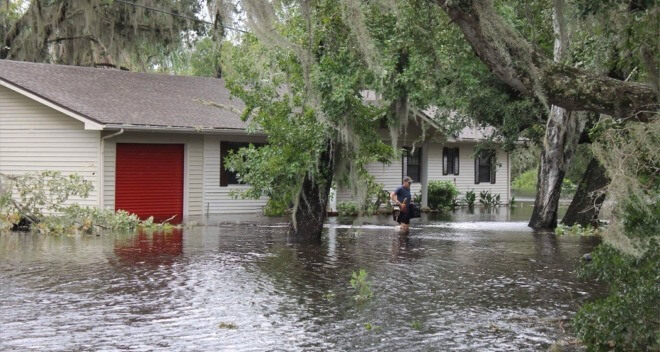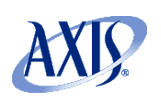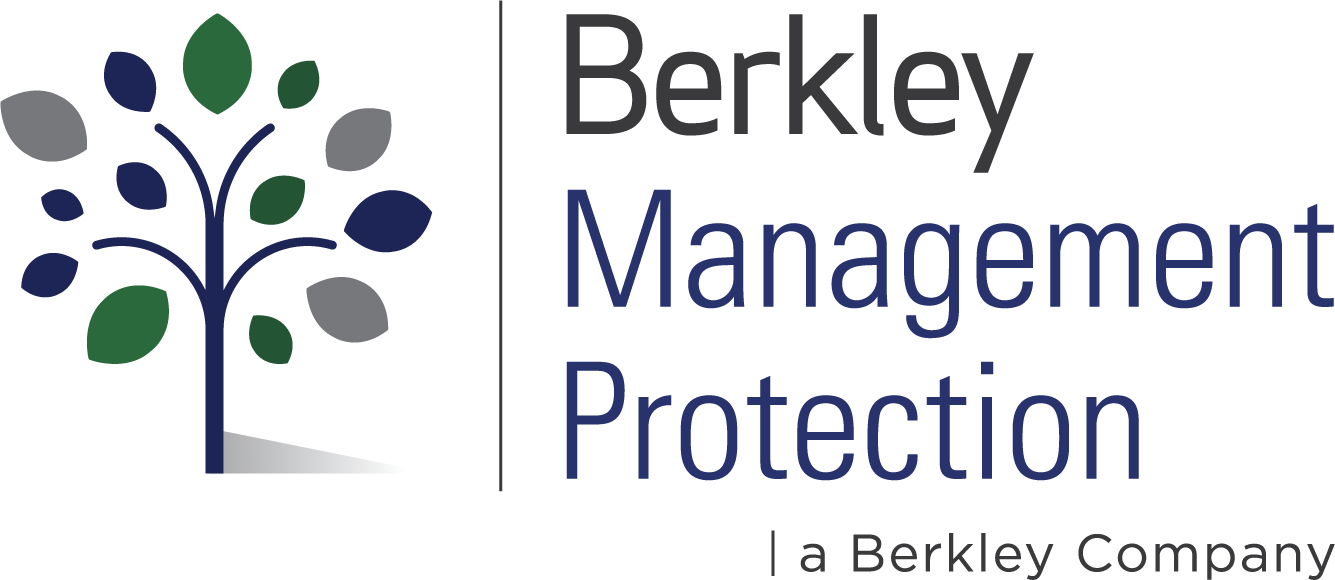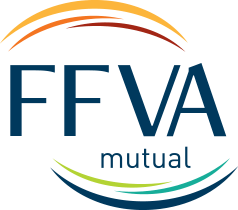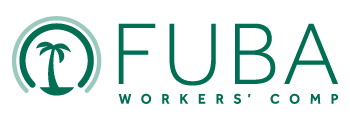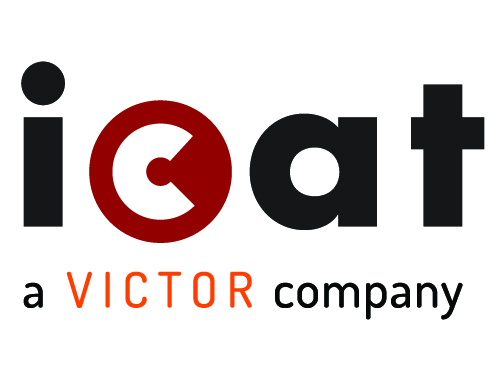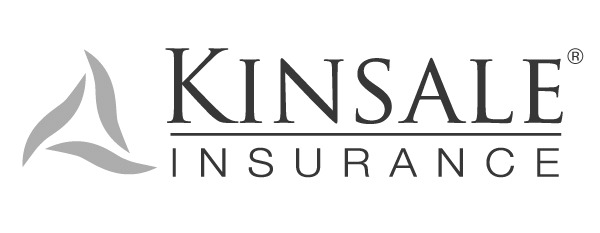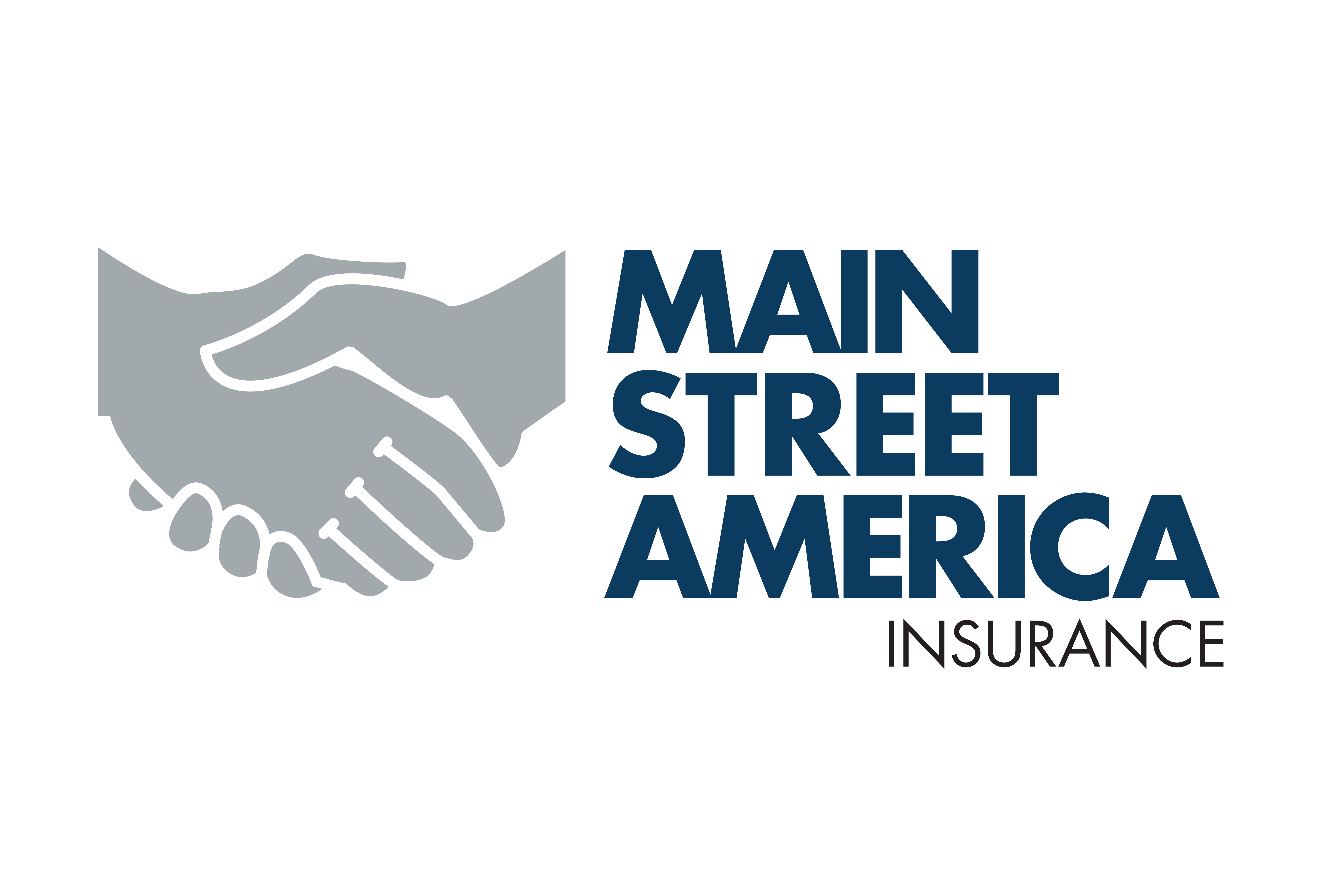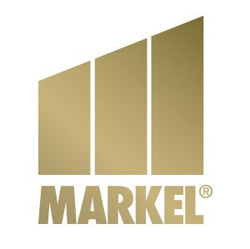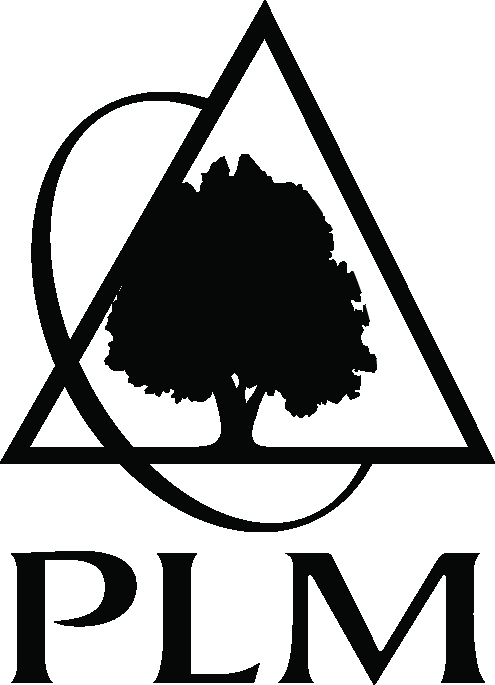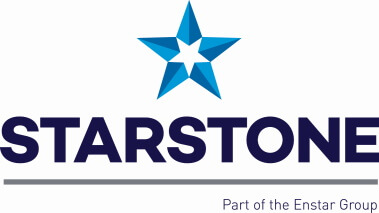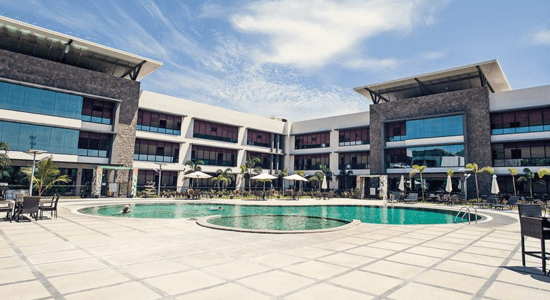Legal Notice:
THESE TERMS OF USE (ALSO REFERRED TO HEREIN AS THE "AGREEMENT") GOVERN YOUR USE OF THE WEBSITE (AS DEFINED BELOW). BY ACCESSING THIS SITE, YOU ARE INDICATING YOUR ACKNOWLEDGMENT AND ACCEPTANCE OF THESE TERMS OF USE (YOU MAY ALSO HAVE ACCEPTED THESE TERMS OF USE IN OTHER WAYS). THESE TERMS OF USE ARE SUBJECT TO CHANGE BY HALCYON UNDERWRITERS. AT ANY TIME IN ITS DISCRETION. YOUR USE OF THE WEBSITE AFTER SUCH CHANGES ARE IMPLEMENTED CONSTITUTES YOUR ACKNOWLEDGMENT AND ACCEPTANCE OF THE CHANGES. PLEASE CONSULT THESE TERMS OF USE REGULARLY.
I. DEFINITIONS
A. "Halcyon Underwriters" means Halcyon Underwriters, and any and all subsidiaries.
B. "Halcyon Underwriters Website" or "Website" means all websites, and all subsequent pages made available by or through such websites, owned or operated by Halcyon Underwriters or its subsidiaries. Please note, however, that the Halcyon Underwriters Website may contain links to third party URLs. Once such a third party link has been accessed, a user is no longer accessing the Halcyon Underwriters Website.
C. "You" and "Your" means you, an individual user entering into this Agreement, or the entity on whose behalf you enter into this Agreement.
II. YOUR USE OF THE HALCYON UNDERWRITERS WEBSITE
A. Your use of the Halcyon Underwriters Website shall be governed exclusively by the terms of this Agreement.
B. The Website includes original works of authorship (including, but not limited to, derivative works based on graphical scans or typed text of public domain materials) that are both proprietary and intellectual properties of Halcyon Underwriters or its suppliers and are protected by both the terms of this Agreement as well as domestic and foreign contractual and intellectual property laws including but not limited to copyright, trademark, patent, and trade secret laws.
Copyright. All content included on this site, such as text, graphics, logos, button icons, images, audio clips, digital downloads, data compilations, and software, is the property of Halcyon Underwriters, its suppliers, or, Halcyon Underwriters’ or its suppliers’, licensors and is protected by United States and international copyright laws. The compilation of all content on this site is the exclusive property of Halcyon Underwriters and protected by U.S. and international copyright laws. All software used on this site is the property of Halcyon Underwriters, its suppliers, or Halcyon Underwriters, or its suppliers’, licensors, and is protected by United States and international copyright laws. The respective owners and licensees of any copyrights included in the Website retain and reserve all of their rights related to such copyrights.
Trademark. "Halcyon Underwriters" is a registered service mark of Halcyon Underwriters with all rights reserved. The Website may include these and other registered or unregistered trademarks or service marks of Halcyon Underwriters, its suppliers, or Halcyon Underwriters, or its suppliers’, licensors. The respective owners and licensees of any marks included in the Website retain and reserve all of their rights related to such marks.
Patent. One or more patents may apply to the Halcyon Underwriters Website and to the features and services accessible therein, including U.S. and foreign patents.
Trade Secret. The Halcyon Underwriters Website may contain software or other information that is confidential and proprietary to Halcyon Underwriters and/or protected by the trade secret laws of the individual states of the United States and of foreign countries. As part of Halcyon Underwriters’ efforts to maintain the secrecy of such information, you are prohibited from decompiling, reverse engineering and/or disassembling any portion or the whole of the Halcyon Underwriters Website.
C. To the extent that you receive software from Halcyon Underwriters from Your use of the Halcyon Underwriters Website, such software is deemed part of the Halcyon Underwriters Website.
D. Halcyon Underwriters grants to You a non-exclusive and non-transferable license to:
Use the Halcyon Underwriters Website as provided herein, until this Agreement is terminated;
Access, load, store and operate the Halcyon Underwriters Website with browser software; and
Display, download and print portions of the Halcyon Underwriters Website to investigate and/or purchase product(s) and/or service(s), subject to the limitations in this Agreement.
E. Notwithstanding the above, you shall NOT, without the prior written consent of Halcyon Underwriters:
Decompile, reverse engineer, disassemble and/or create derivative works from the Halcyon Underwriters Website;
Remove or obscure any proprietary notices including, but not limited to, any and all copyright, trademark and patent designations contained in the Halcyon Underwriters Website;
Upload, post, email, transmit, publish, re-publish, distribute, display or otherwise make available the Halcyon Underwriters Website to any third parties;
Use the Halcyon Underwriters Website for any commercial, financial or other beneficial purpose, including, but not limited to, advertising, the exploitation, rental, lease, sale or resale of the Halcyon Underwriters Website;
For a period of more than twenty-four (24) hours, cache or otherwise temporarily store the Halcyon Underwriters Website or component thereof, on any server or other device used to communicate with individual personal computers or personal devices. Such limitation does not include cache which is automatically stored by an individual personal browser application;
Store the accessed, used, or downloaded Halcyon Underwriters Website in any electronic, magnetic, optical or other format now known or hereinafter created for more than thirty (30) days;
Assign, rent, lend, lease, sell, sublicense, transfer, export from the United States, copy, reproduce, modify, adapt, translate, reverse engineer, decompile, disassemble, extract components or create derivative works of the Website; or
Remove, modify, hide or otherwise make unreadable or non-viewable any notice, legend, advice, watermark or other designation contained on the Website, component thereof or output there from.
(a) Co brand the Website, (b) frame the Website, or (c) hyper-link to the Website, or authorize or engage any other party to do any of the foregoing, without the express prior written permission of an authorized representative of Halcyon Underwriters. For purposes of this Agreement, "co-brand" or "co branding" means to display a name, logo, trademark, or other means of attribution or identification of any party in such a manner as is reasonably likely to give a user the impression that such other party has the right to display, publish, or distribute this site or content accessible within this site. You agree to cooperate with Halcyon Underwriters in causing any unauthorized co-branding, framing or hyper-linking immediately to cease.
F. You shall not interrupt, or attempt to interrupt, the operation of the Website in any way.
G. The Website may include technological protection measures that effectively control access, reproduction or distribution of the proprietary or intellectual properties accessible through the Website. Any attempt to tamper or dismantle these protections is a breach of this Agreement, and may be a violation of the Digital Millennium Copyright Act of 1998, and may subject the violator to civil and criminal penalties.
H. Content in the Website that is used or referenced in any print or electronic media must be done in accordance with generally accepted standards, and must provide for proper attribution to Halcyon Underwriters.
I. Links to and from other websites: The Halcyon Underwriters Website may contain links to other websites, and other websites may contain links to the Halcyon Underwriters Website, such websites not being owned by, or under the direct control of, Halcyon Underwriters ("Linked Websites"). The linked websites are not under the control of Halcyon Underwriters, and Halcyon Underwriters does not endorse, and is not responsible for, the functionality of the links to or from, content or applications provided by or through, or privacy policies or other agreements included in, a Linked Website. Halcyon Underwriters is not responsible for licensing to You any content or application provided by or through a Linked Website, and Your use of content or application(s) provided by or through Linked Websites is governed solely by Your agreement, if any, with the owner and/or provider of the Linked Website. You use Linked Websites, and links to and from any third party website, at Your sole risk. For example, Halcyon Underwriters is not responsible for, without limitation, any incorrect data, errors in computation, improper transmission of data, or a security breach resulting from Your use of a Linked Website or a link to or from a Linked Website. Halcyon Underwriters provides links to You only as a convenience.
J. The Website may contain testimonials from customers of Halcyon Underwriters or its agents. Testimonials are not representative of everyone’s experience and only provide information about the individual’s experiences as to the point in time when they are provided. Testimonials do not necessarily represent typical or expected results. All testimonials are authentic. Testimonials may be edited for clarity or brevity. All claims have been documented and verified for accuracy. No one has been paid to provide a testimonial on the Website. Individual results will vary.
K. You hereby grant to Halcyon Underwriters the royalty-free, perpetual, irrevocable, worldwide, non exclusive right and license to use, reproduce, modify, adapt, publish, translate, create derivative works from, distribute, perform, and display all content, remarks, suggestions, ideas, graphics, or other information communicated to Halcyon Underwriters through this site (together, the "Submission"), and to incorporate any Submission in other works in any form, media, or technology now known or later developed. In general, unless an exception is noted when a Submission is made, or unless an exception exists under applicable law, regulation, or Halcyon Underwriters’ privacy policy found herehttp://bbinsurance.com/privacy.shtml, Halcyon Underwriters will not be required to treat any Submission as confidential, and may use any Submission in its business (including without limitation, for products or advertising) without incurring any liability for royalties or any other consideration of any kind, and will not incur any liability as a result of any similarities that may appear in future Halcyon Underwriters operations.
L. Halcyon Underwriters may receive information relating to an application for an insurance policy via the Website even though Halcyon Underwriters does not have the authority to bind the insurance policy applied for or to provide coverage. You acknowledge that the submission of an application for insurance via the Website may not result in Your obtaining insurance coverage.
III. YOUR REPRESENTATIONS & WARRANTIES
You represent, warrant and covenant that:
A. You are of a proper age to enter into this Agreement.
B. You are entering this Agreement with a sound mind and not under duress or emotional distress.
C. Any information that You have or shall provide to Us through the Website is true and accurate, and You shall modify such information as necessary or appropriate to maintain the accuracy of the information.
D. You shall at all times comply with all applicable laws, rules and regulations with respect to Your use of the Halcyon Underwriters Website and with respect to any product or service related thereto.
E. You shall not use the Halcyon Underwriters Website to infringe, misappropriate or violate any rights of Halcyon Underwriters and/or any third party, including, but not limited to any customer of Halcyon Underwriters or any entity associated with or visiting the Halcyon Underwriters Website.
F. You shall comply at all times with this Agreement, including any modifications to this Agreement and/or the Agreements to which there is or may in the future be a link and a reference herein. The issue of Modification is set forth in Section 5, below.
IV. PRIVACY
With respect to information collected through the Website, Halcyon Underwriters shall adhere to the Privacy policy found here http://bbinsurance.com/privacy.shtml.
V. MODIFICATIONS
A. To the Agreement. We have the right to modify this Agreement and any other Agreement or policy referenced in the Website or linked to in the Website. No notice is required for any such modification. Any modification is effective immediately upon posting to the Website. Your continued use of the Website following posting of any modification(s) to this Agreement shall be conclusively deemed an acceptance of all such modification(s). Your only remedy with respect to any dissatisfaction with any modifications is to cease use of the Website.
B. To the Halcyon Underwriters Website. We have the right to modify, suspend or discontinue the Website or any portion thereof at any time, including the availability of any area of the Website. We may also impose limits on certain features and services or restrict Your access to parts or all of the Halcyon Underwriters Website without notice or liability.
VI. DISCLAIMER OF WARRANTIES
WE MAKE NO WARRANTIES OF ANY KIND, EITHER EXPRESS OR IMPLIED, INCLUDING, BUT NOT LIMITED TO, WARRANTIES OF TITLE OR IMPLIED WARRANTIES OF MERCHANTABILITY OR FITNESS FOR A PARTICULAR PURPOSE, TITLE, COMPATIBILITY, SECURITY, ACCURACY OR NON-INFRINGEMENT. WITHOUT LIMITATION, WE DO NOT WARRANT THAT (A) THE FUNCTIONS CONTAINED IN THE HALCYON UNDERWRITERS WEBSITE SHALL BE UNINTERRUPTED, TIMELY, SECURE OR ERROR-FREE; (B) THE HALCYON UNDERWRITERS WEBSITE, INCLUDING THE SERVERS ON WHICH THE WEBSITE IS OPERATED, ARE FREE OF VIRUSES OR OTHER HARMFUL COMPONENTS; (C) YOUR INFORMATION, INCLUDING YOUR MEDICAL INFORMATION, WILL NOT BE DISCLOSED OR (D) INFORMATION PROVIDED IN THE WEBSITE IS COMPLETE, ACCURATE, ERROR-FREE, OR UP-TO-DATE.
VII. LIMITATIONS ON LIABILITY
USE OF THE HALCYON UNDERWRITERS WEBSITE IS AT YOUR SOLE RISK. YOU ASSUME FULL RESPONSIBILITY AND RISK OF LOSS RESULTING FROM YOUR USE OF THE WEBSITE, INCLUDING BUT NOT LIMITED TO YOUR HAVING INPUT YOUR INFORMATION, INCLUDING YOUR MEDICAL INFORMATION, INTO THE HALCYON UNDERWRITERS WEBSITE. HALCYON UNDERWRITERS SHALL NOT BE LIABLE TO YOU OR ANYONE ELSE IF YOUR INFORMATION BECOMES DISCLOSED THROUGH THE ACT OF A THIRD PARTY OR THROUGH THE NEGLIGENCE OF HALCYON UNDERWRITERS. SPECIFICALLY, HALCYON UNDERWRITERS SHALL NOT BE LIABLE TO YOU OR ANYONE ELSE FOR ANY DAMAGES UNDER THIS AGREEMENT OR BASED ON YOUR USE OF THE WEBSITE, INCLUDING, BUT NOT LIMITED TO, PUNITIVE, CONSEQUENTIAL, EXEMPLARY, SPECIAL, INCIDENTAL, DIRECT, INDIRECT, ATTORNEYS FEES, DAMAGES FOR LOSS OF PROFITS, GOODWILL OR OTHER INTANGIBLE LOSSES OR SIMILAR DAMAGES EVEN IF ADVISED OF THE POSSIBILITY OF SUCH DAMAGES. SOME STATES DO NOT ALLOW THE EXCLUSION OR LIMITATION OF INCIDENTAL OR CONSEQUENTIAL DAMAGES, SO THE ABOVE LIMITATION OR EXCLUSION MAY NOT APPLY TO YOU.
VIII. LIMITATION OF DAMAGES
THE LIABILITY OF HALCYON UNDERWRITERS, IF ANY, ARISING OUT OF ANY KIND OF LEGAL CLAIM, WHETHER IN CONTRACT, TORT OR OTHERWISE, IN ANY WAY CONNECTED WITH THE HALCYON UNDERWRITERS WEBSITE OR THE INSURANCE PRODUCT(S) OR INSURANCE SERVICE(S) OFFERED THEREIN IS LIMITED TO THE MINIMUM AMOUNT ALLOWABLE BY LAW AND IN NO EVENT SHALL IT EXCEED ONE DOLLAR ($1.00).
IX. TERM & TERMINATION
A. This Agreement shall continue until terminated by Us or until You notify Us in writing, either via mail, email or fax, of Your decision to terminate this Agreement.
B. Termination shall take effect within thirty (30) days of receipt of your request and we shall send you written confirmation thereof. A written confirmation shall be required from us as proof that a notice of termination was in fact received from You. Moreover, upon termination of this Agreement, You are still bound by the Provisions of Sections 2-4, 6-8 and 15.
C. IF ANY OF THESE RULES OR ANY FUTURE CHANGES ARE UNACCEPTABLE TO YOU, YOU MAY TERMINATE THIS AGREEEMENT IN WRITING EITHER VIA E-MAIL, FACSIMILE OR REGULAR MAIL. YOUR CONTINUED USE OF THE HALCYON UNDERWRITERS WEBSITE OR CONTINUED USE OF ANY OF OUR INSURANCE PRODUCT(S) OR INSURANCE SERVICES(S) FOLLOWING THE POSTING OF NOTICE OF ANY CHANGES IN THIS AGREEMENT, SHALL INDICATE ACCEPTANCE BY YOU OF SUCH RULES, CHANGES, OR MODIFICATIONS AND CONTINUATION OF THIS AGREEMENT.
D. EITHER YOU OR WE MAY TERMINATE THIS AGREEMENT AT ANY TIME. YOU UNDERSTAND AND AGREE THAT TERMINATION IS YOUR SOLE RIGHT AND REMEDY WITH RESPECT TO ANY DISPUTE WITH US. THIS INCLUDES, BUT IS NOT LIMITED TO, ANY DISPUTE RELATED TO, OR ARISING OUT OF: (1) ANY TERM OR CONDITION CONTAINED IN OR REFERENCED IN THIS AGREEMENT; (2) ANY POLICY OR PRACTICE OF BROWN & BROWN; (3) ANY DISCLOSURE OR USE OF YOUR INFORMATION, INCLUDING MEDICAL INFORMATION; AND (4) YOUR ABILITY TO ACCESS AND/OR USE THE BROWN & BROWN WEBSITE.
E. If We terminate this Agreement, We reserve the right to refuse to provide any Insurance Product or Insurance Service to You in the future.
X. MISCELLANEOUS
A. SEVERABILITY. If any provision of this Agreement is found by any court of competent jurisdiction to be invalid or unenforceable, the invalidity of such provision shall not affect the other provisions of this Agreement, and all provisions not affected by such invalidity shall remain in full force and effect.
B. WAIVER. The waiver by either party of a breach or default in any of the provisions of this Agreement by the other party shall not be construed as a waiver of any succeeding breach of the same or other provisions; nor shall any delay or omission on the part of either party to exercise or avail itself of any right, power or privilege that it has or may have hereunder operate as a waiver of any breach or default by the other party.
C. NOTICE. Any notice provided pursuant to this Agreement, if specified to be in writing, shall be in writing and shall be deemed given (A) if by hand delivery, upon receipt thereof, (B) if by mail, thirty (30) days after deposit in the United States mails, postage prepaid, certified mail, return receipt requested, (C) if by facsimile transmission, upon electronic confirmation thereof, or (D) if by next day delivery service, upon such delivery.
D. FORCE MAJEURE. If the performance of any part of this Agreement by the parties is prevented, hindered, delayed or otherwise made impracticable by reason of any flood, riot, terrorism, earthquake, fire, judicial or governmental action, labor disputes, act of God or any other causes beyond the control of either party, that party shall be excused from such to the extent that it is prevented, hindered or delayed by such causes; provided, however, that if such period of force majeure last more than thirty (30) days, then the other party hereto may terminate this Agreement.
E. CHOICE OF LAW. This Agreement shall be governed by and construed in accordance with the laws of the State of Florida without regard to the principles of conflicts of laws.
F. JURISDICTION AND VENUE. In all circumstances where subject matter jurisdiction lies for adjudication in the federal courts, any controversies or claims arising out of or relating in any way to this Agreement or a breach thereof, shall be adjudicated in the United States District Court for the Middle District of Florida. In all other cases, any controversies or claims arising out of or relating in any way to this Agreement or a breach thereof, shall be adjudicated in the courts of the state of Florida in Volusia County.
G. WAIVER OF JURY TRIAL. YOU KNOWINGLY, VOLUNTARILY AND INTENTIONALLY WAIVE ANY RIGHT YOU MAY HAVE TO A TRIAL BY JURY WITH RESPECT TO ANY PROCEEDING ARISING OUT OF OR IN ANY WAY RELATING TO THIS AGREEMENT.
H. ATTORNEYS FEES. You knowingly, voluntarily and intentionally agree to pay all costs and expenses, including attorneys fees, for Halcyon Underwriters with respect to any proceeding arising out of or in any way relating to this Agreement, regardless of the outcome of said proceeding.
I. HEADINGS. The section headings used herein are for reference and convenience only and shall not enter into the interpretation hereof.
J. ENTIRE AGREEMENT. This Agreement, together with the Insurance Product(s) and Service(s) referenced herein, constitute the entire agreement between the parties with respect to the subject matter of the Agreement, and supersedes all prior agreements between the parties, whether written or oral, relating to the same subject matter.
Privacy Statement:
Effective Date: This Policy was last updated on April 16, 2009.
HALCYON UNDERWRITERS and its subsidiaries consider the protection of your privacy to be very important. Our goal is to treat any personal information you provide us with the utmost respect and in strict accordance with this Privacy Policy. Any personally identifying information you provide is voluntary. If you have any questions about this Privacy Policy, please e-mail us at
[email protected].
If you visit our Web site to browse, read, or download information:
You can browse our Web site without telling us who you are or revealing personal information about yourself. In this case our Web servers automatically collect and store: the name of the domain and host from which you access the Internet; the Internet protocol (IP) address of the computer you are using; the browser software you use and your operating system; the date and time you access our sites; and the Internet address of the site from which you linked directly to our sites.
We may use your IP address to assist in correcting server problems and to administer our web site. Additionally, we may use this information for statistical purposes, such as determining user demographics for advertising purposes.
We may use this information only as anonymous aggregate data to determine the number of visitors to different sections of our sites, to ensure the sites are working properly, and to help us make our sites more useful. We do not use it to track or record information about individuals.
If you are browsing, a cookie or tracking mechanism is used to help us measure the number of visits, time spent, pages viewed and other Web site statistics. This cookie, by itself does not reveal to us your e-mail address, or who you are. If you decide to request information or a rate quotation from Halcyon Underwriters, or one of our subsidiaries, we may collect additional information in order to properly respond to your request.
Cookies are small pieces of data stored by your internet browser on your computer’s hard drive. They cannot be used to collect data from your hard drive, obtain your e-mail address or personal information about you. You may set your browser to notify you when you receive a cookie or to prevent cookies from being sent. Please note that when you block the acceptance of cookies you limit the functionality we can provide when you visit our site.
Insurance Quote, Application, and Information Request Forms
Our web site’s insurance quote request forms and information request forms may require users to provide us with contact information (such as name, e-mail and postal addresses), unique identifiers (such as social security number), and demographic information (such as zip code and age).
Contact information from information and insurance quote forms is used to contact customers, when necessary. This data is necessary for the processing of, and future identification of, insurance quotes and confirmation of mailing addresses, and is used solely for those purposes. Information is never given or sold to third parties for any purpose, except to Halcyon Underwriters’ affiliated businesses and to third-party service providers acting on Halcyon Underwriters’ behalf.
Unique identifiers (such as social security numbers) are collected from site visitors requesting insurance quotes solely for the processing of an insurance quote. This information is never given or sold to third parties for any purpose, except to Brown & Brown’s affiliated businesses and to third-party service providers acting on Halcyon Underwriters’ behalf.
Demographic and profile data is also collected at our site. This data is also necessary for processing insurance quotes and is used solely for that purpose. This information is never given or sold to third parties for any purpose.
Halcyon Underwriters may disclose your personal information among its affiliated businesses and with third-party service providers acting on Halcyon Underwriters’ behalf. However, Halcyon Underwriters will not sell, rent or lease your personal information. The personal information you provide may be transmitted, used, stored and otherwise processed outside of the country where you submitted that information, including jurisdictions that may not have data privacy laws that provide equivalent protection to such laws in your home country.
Security and protection of Information
Halcyon Underwriters uses encryption and authentication tools to protect your personal information. The information you may provide through our Web site is secured using industry-standard security matters to protect the loss, misuse, or alteration of the information under our control. While there is no such thing as perfect security on the Internet, we will take all reasonable steps to ensure the safety of your personal information. In addition our employees are instructed that such information is to be used only in accordance with the principles of this Privacy Policy and the laws applicable to each specific business. Employees who misuse customer information are subject to disciplinary action.
External Links
This site may contain links to other sites not affiliated with Halcyon Underwriters and/or related subsidiaries or affiliates. Neither Halcyon Underwriters nor any of its subsidiaries or affiliates shall be responsible for the privacy practices or the content of such non-affiliated linked web sites.








